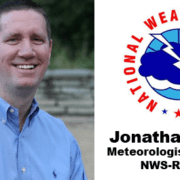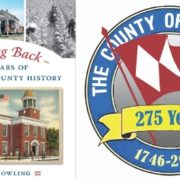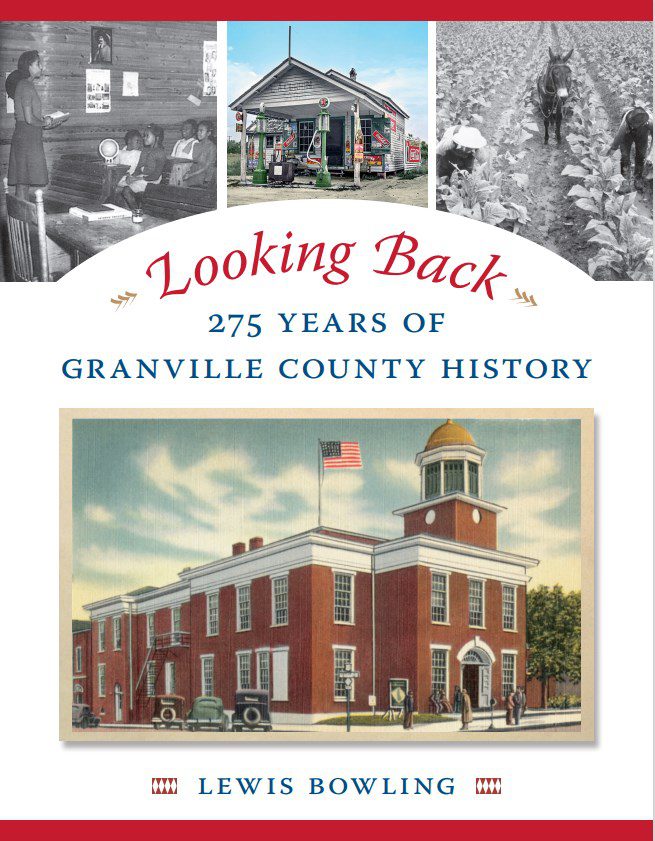TownTalk: Downtown Development Manager Shares Updates On Projects
Picture this: The S Line rail passengers, bound from Charlotte to Richmond, stop in the late afternoon at the Henderson Depot. As they emerge from the train, they’re making decisions – Where to dine? Want to take in tonight’s show at McGregor Hall? Which downtown hotel or bed and breakfast should I try tonight? The stopover in Henderson has become a welcome break in the trip, a respite filled with food, nightlife and tranquil lodging.
When you dream, dream big.
And when there’s an opportunity to get closer to making that dream a reality, make sure to check it out.
That just may be what Tracy Madigan has experienced in her first months as Henderson’s downtown development manager. The dreams are alive and the opportunities are presenting themselves.
Madigan spoke with John C. Rose on Wednesday’s Town Talk about her new role and what’s on the horizon to make downtown a more attractive destination for visitors – and prospective businesses.
As for the train stopping again in Henderson, she said there was to have been a meeting today with state officials to share just why Henderson needs to be a stop on the S Line.
“There are all kinds of ideas in the works,” Madigan said. But they are merely ideas, waiting for decisions to be made. Henderson and Franklinton are being studied for possible train stops. A stop in Henderson could open up lots of possibilities for downtown development, she added.
While the train stop may be more of a long-term project, Madigan mentioned several areas downtown that have already gotten a facelift – namely, lights at the reflection pools and fountains near the city fire station, the construction of an outdoor pavilion/amphitheater by McGregor Hall and the beautification of Orange Street Park.
With help from Sam Franklin and Franklin Brothers Nursery, the summer plantings are in at the park, and some garden benches are coming soon to that greenspace, nestled beside the Henry A. Dennis Building on Garnett Street.
“You should be seeing the lights in the fountains coming on in the next couple of weeks,” Madigan said. This is the first of several water installations that are planned around the city, she added.
The pavilion, an outdoor venue option for events, is under construction. Tommy Roberson, of Robco Manufacturing and Alumadock Marine Structures, is a pavilion benefactor, she said.
The vision of the downtown development commission is to assist with, help and encourage downtown development and economic vitality, she said. Often, city and county entities collaborate to further the mission.
Although she is a city employee and reports to City Manager Terrell Blackmon, Madigan said, she often collaborates with other agencies and government officials. Vance Economic Development Director Christian Lockamy and Chamber of Commerce President Michele Burgess are two individuals who continue to provide extensive support and help.
One long-range goal is to develop incentives in the form of grants to help businesses – existing and prospective – have an impact in the downtown area. There are smaller incentive grants that are available, but Madigan said she hopes to be able to offer larger grants in the future.
Click Play for Today’s Full TownTalk








